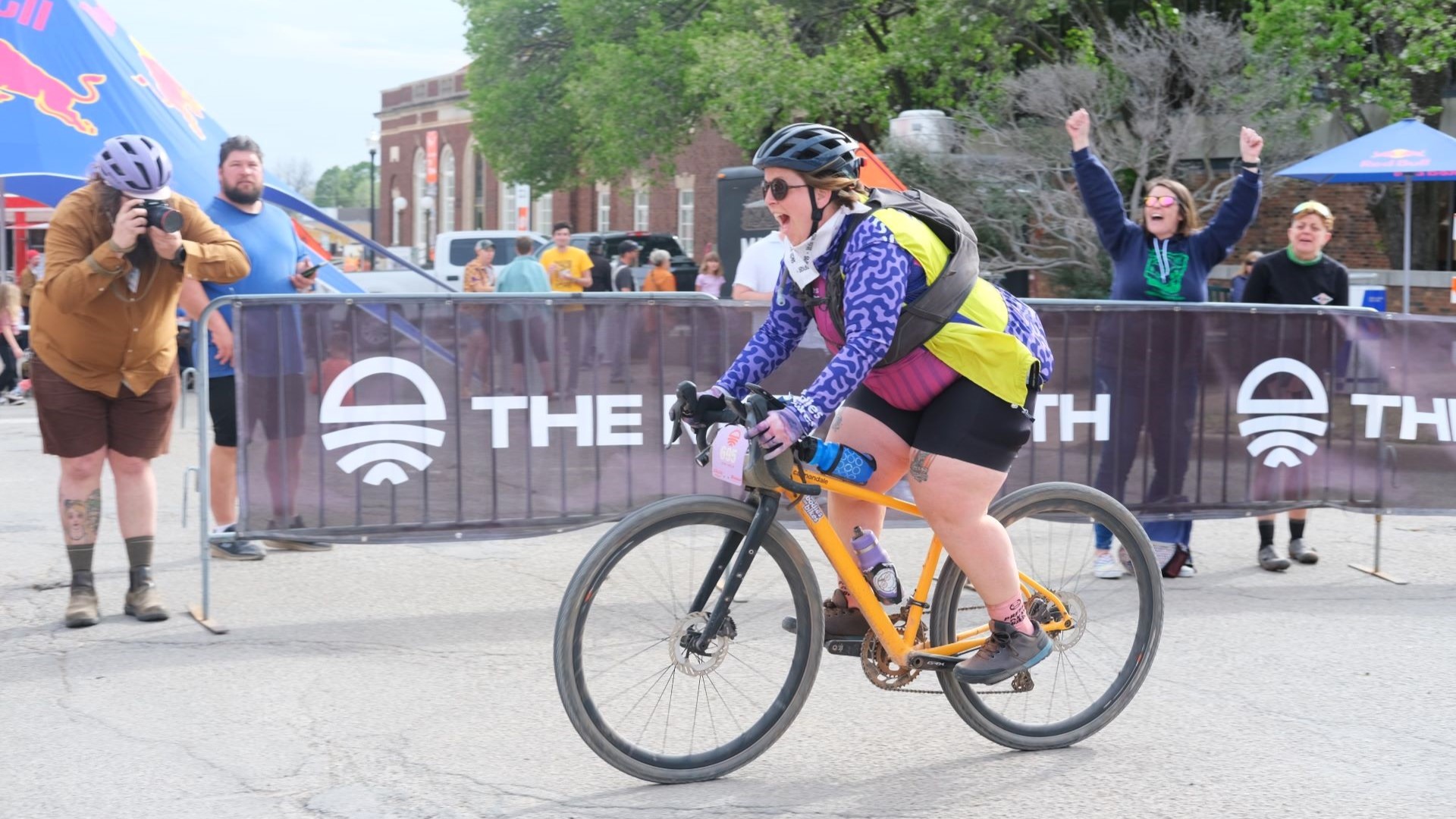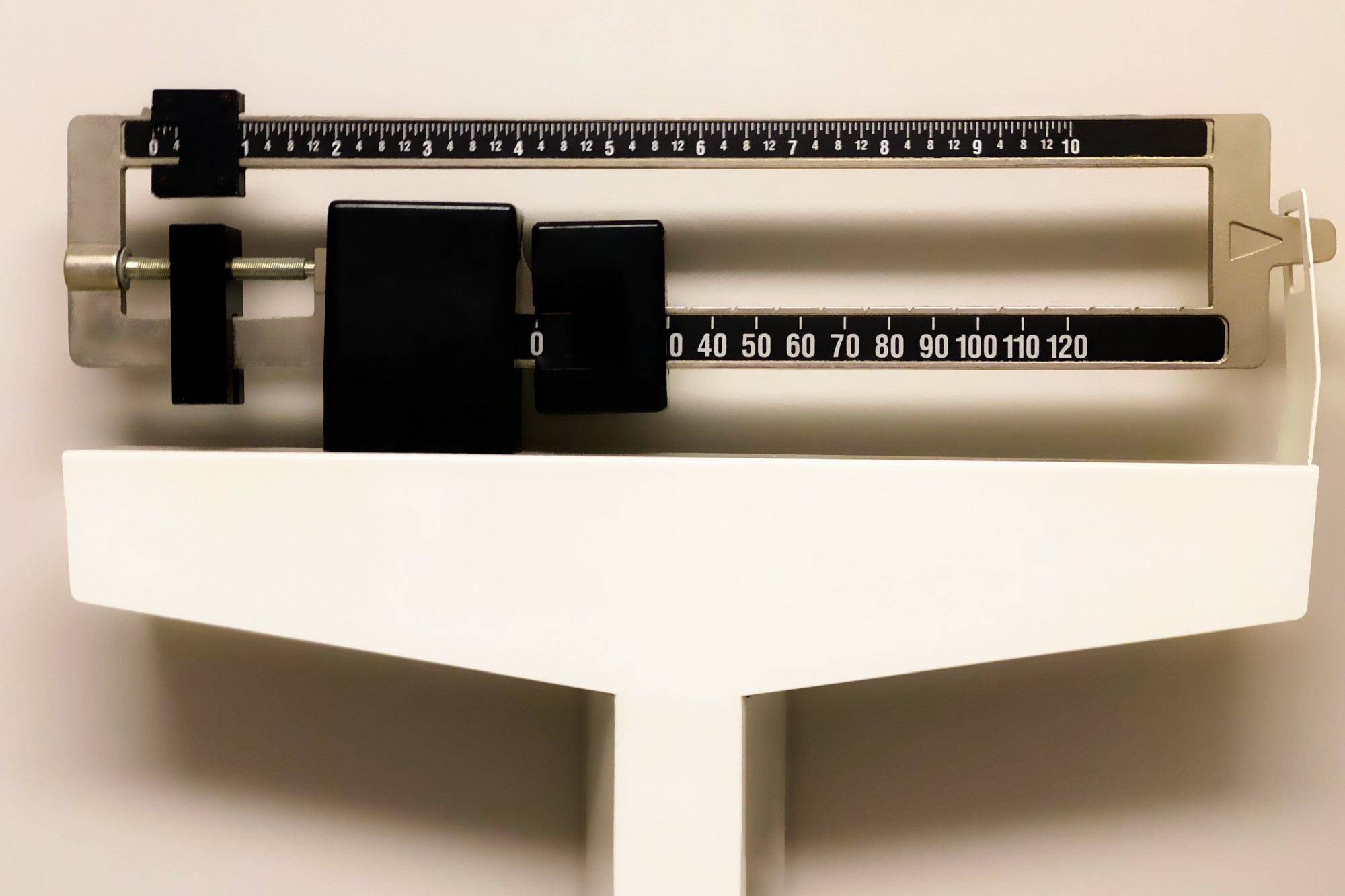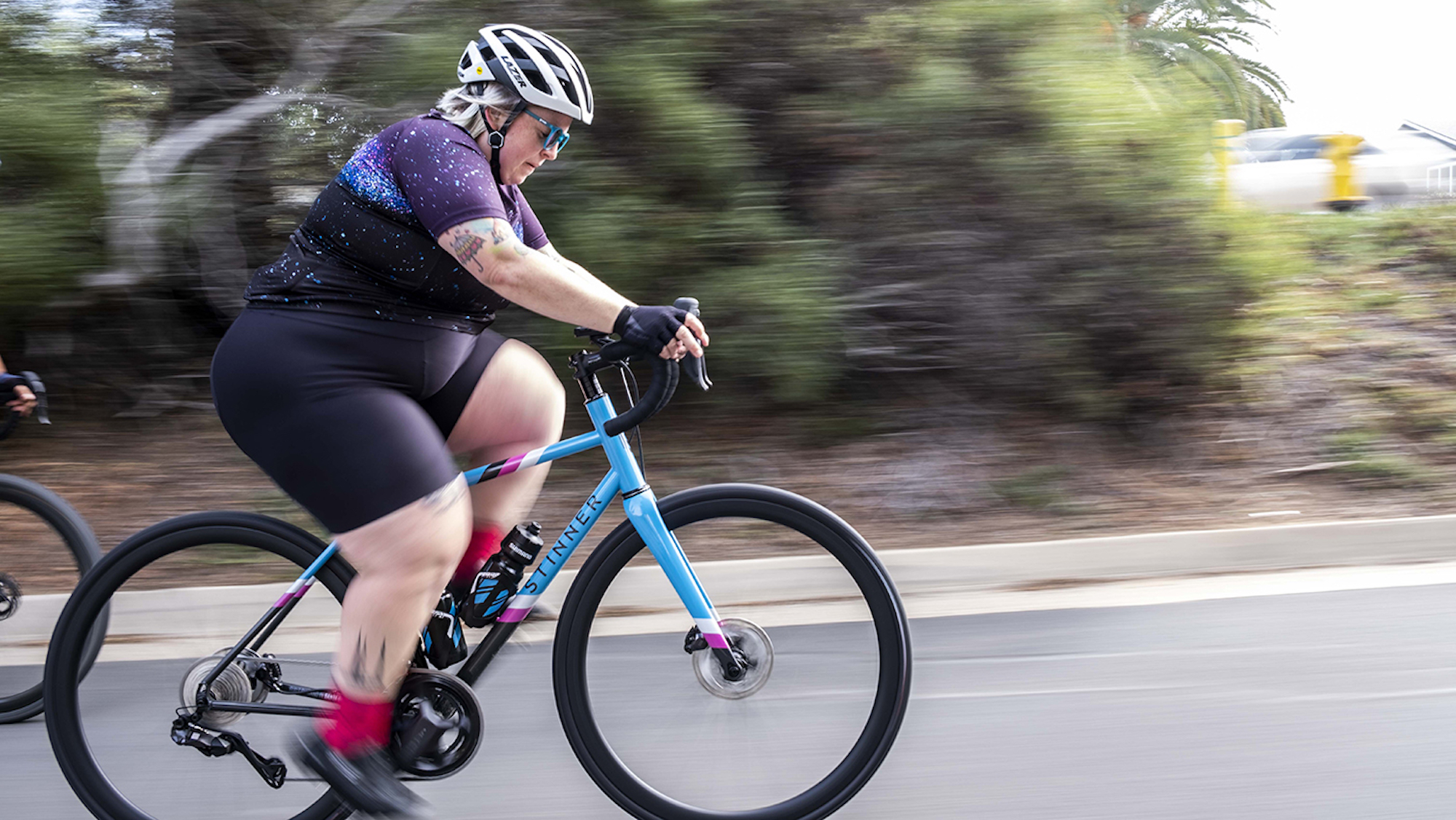
I recently had a reel go fairly viral, racking up 1.2 million views on Instagram and 30,000 shares. The reel (see below) opens with “I’m a fat cyclist, of course I’m huffing and puffing up all the hills” and continues on to poke fun at my lack of well-fitting cycling clothes, proclivity towards always having more than enough snacks, and love of absolutely bombing downhills.
While the intent of this reel was to entertain by leaning on some familiar stereotypes, I also hoped it would bring attention to the very real challenges bigger bodied riders face and the assumptions folks make about us. It was clear from the response that I had hit a nerve, as comment after comment rolled in from other large bodied riders chiming in with their experiences.
As a fat woman with nearly ten years of riding, thousands of miles under my wheels, and the founder of All Bodies on Bikes, a nonprofit advocating for size inclusion in cycling, I’ve come across a lot of misconceptions about bigger riders. Whether coming from fellow riders, bike shop employees, or friends and family, these misconceptions can be frustrating, annoying, and sometimes even hurtful. Here are three of the most common, and why they’re problematic.
1. All bigger bodied riders are beginners

We know that cyclists come in all shapes and sizes, and body size has absolutely nothing to do with skill level. This misconception is particularly frustrating at a bike shop, where we’re often assumed to be beginners and shown to entry level bikes and components. This false narrative is also perhaps the easiest to fix, as simple questions such as “What brings you in today?”, or “What kind of riding do you like to do?”, or “Tell me about your bike riding experience” can quickly establish the experience level of the person.
I want to be 100% clear - there is absolutely nothing wrong with being a beginner. But it gets really old, really fast to have to continually prove yourself.
We’re fat, of course we’re cycling to lose weight.

This misconception is perhaps the most harmful of all. As bigger bodied folks, we are under constant scrutiny to change our bodies and lose weight, and the assumption is often made that any time we exercise, it is with the express purpose to lose weight. And it’s simply not true.
Fat people ride bikes for the same reason everyone else does - joyful movement, transportation, the challenge and excitement of a ride, and simply because we love it. We also know from years of research that exercise does not inherently lead to weight loss, and that moving our bodies is good for people of all shapes and sizes. For some folks, exercise and/or weight loss is also a goal, however, we should not assume that anyone is riding a bike to lose weight.
We’re fat, of course we don’t want to take on a challenging route with long distances or big climbs.

Fat people are often portrayed by the media as lazy and incompetent. There are countless examples from recent popular media that pervade our consciousness, influencing the way we interact with bigger bodied individuals in real life.
When I tell stories of the long rides or adventures I’ve gone on, or my plans for an ambitious ride, I’m always met with surprise. Surprise that I’m both capable and interested in pursuing a challenging ride. Well, I’m here to tell you that Fitness and athleticism come in various shapes and sizes, and weight alone is not a reliable indicator of a person's physical abilities or endurance.
The bottom line is: don't jump to conclusions. All of these misconceptions are harmful because of their broader implications. Assumptions about the skill level, ambitions and desires of bigger bodied people often lead to real-world consequences, including discrimination and stigmatization of bigger bodied individuals.







